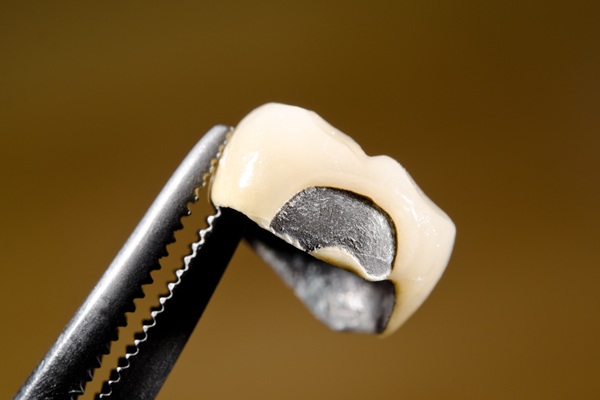What to Do When You Damage a Dental Crown

A damaged dental crown can cause discomfort and disrupt the functionality of your teeth. Whether the crown has cracked, chipped, or fallen out, addressing the issue promptly is crucial for preserving your oral health. Dental crowns are designed to protect and restore damaged teeth, but taking the right steps can prevent further complications when they are compromised.
Recognizing a damaged dental crown
Dental crowns are highly durable but not indestructible. In some cases, damage can occur due to biting on hard objects, grinding teeth, trauma, or general wear and tear over time. Signs of damage may include sensitivity, pain when chewing, visible cracks, or the crown becoming loose. If patients notice any of these symptoms, it is essential to consult a dental professional immediately.
The importance of prompt care
Ignoring a damaged dental crown can lead to significant oral health issues. A compromised crown exposes the underlying tooth, making it more vulnerable to decay, infection, and further damage. Without the crown's protection, the tooth weakens over time, potentially requiring more extensive restorative procedures. Seeking prompt care can ensure the dentist can address the issue before it worsens.
First steps after damaging a dental crown
When a dental crown is damaged, acting quickly can help minimize the risk of further injury or complications. Start by carefully examining the area to assess the extent of the damage. Avoid chewing on the affected side to prevent additional pressure on the tooth. It may also help to stick to a soft-food diet until the patient can see the dentist. If the crown has completely fallen out, store it in a safe, clean container and bring it to the appointment.
Further, patients should rinse their mouths with warm saltwater to reduce the risk of infection. If discomfort occurs, over-the-counter pain relievers may provide temporary relief. However, remember that these tactics are not a substitute for professional care.
Treatment options for a damaged crown
The treatment for a damaged crown depends on the extent of the damage. Minor chips or cracks may be repairable with composite resin or dental bonding. For more severe damage, the dentist may need to replace the crown entirely. Moreover, if the underlying tooth is still healthy, they prepare the area by cleaning it, removing too-brittle structures, and taking impressions to create a new crown. As with the original crown placing procedure, the dentist places a temporary crown to protect the vulnerable tooth while the permanent crown is fabricated. In cases where the tooth has sustained additional damage, further treatment may be necessary before a new crown can be fabricated.
Restore your dental crown
While a damaged dental crown can be concerning, it is possible to repair or replace it with the right care to restore your smile and oral health. Prompt attention from a dental professional ensures that your teeth remain protected and functional. If you suspect a problem with your dental crown, schedule a dental appointment at our St. Augustine office as soon as possible to receive the care you need.
Request an appointment here: https://centerfordentalexcellencefl.com or call St. Augustine Center For Dental Excellence at (904) 770-3777 for an appointment in our St. Augustine office.
Check out what others are saying about our dental services on Yelp: Dental Crowns and Dental Bridges in St. Augustine, FL.
Related Posts
Dental bridges are an effective and popular way to restore missing teeth, offering cosmetic and functional benefits. When you properly care for and maintain your bridge, it can significantly improve oral health and restore the confidence you have in your smile. However, several factors can influence the longevity of dental bridges.Dental bridges are prosthetic devices…
When it comes to oral care, it is just as important to clean dentures as it is natural teeth. After all, both can develop many of the same problems like plaque buildup and staining. At the same time, dentures require a little bit of special care.One thing some people worry about has to do with…
Millions of people wear dentures that help them to eat and speak properly. But getting used to wearing dentures can take a while as your mouth adjusts.Therefore, to make your denture experience as positive as possible, you should know what to expect when getting dentures. Read on to learn more about dentures and how they…
Replacing your missing teeth with dentures will benefit your overall health and quality of life. But it is important to take out your dentures at night before bed.Removing them before sleeping will help to avoid many problems. The only time when a person should sleep with them is when a dental provider recommends it.During the…






